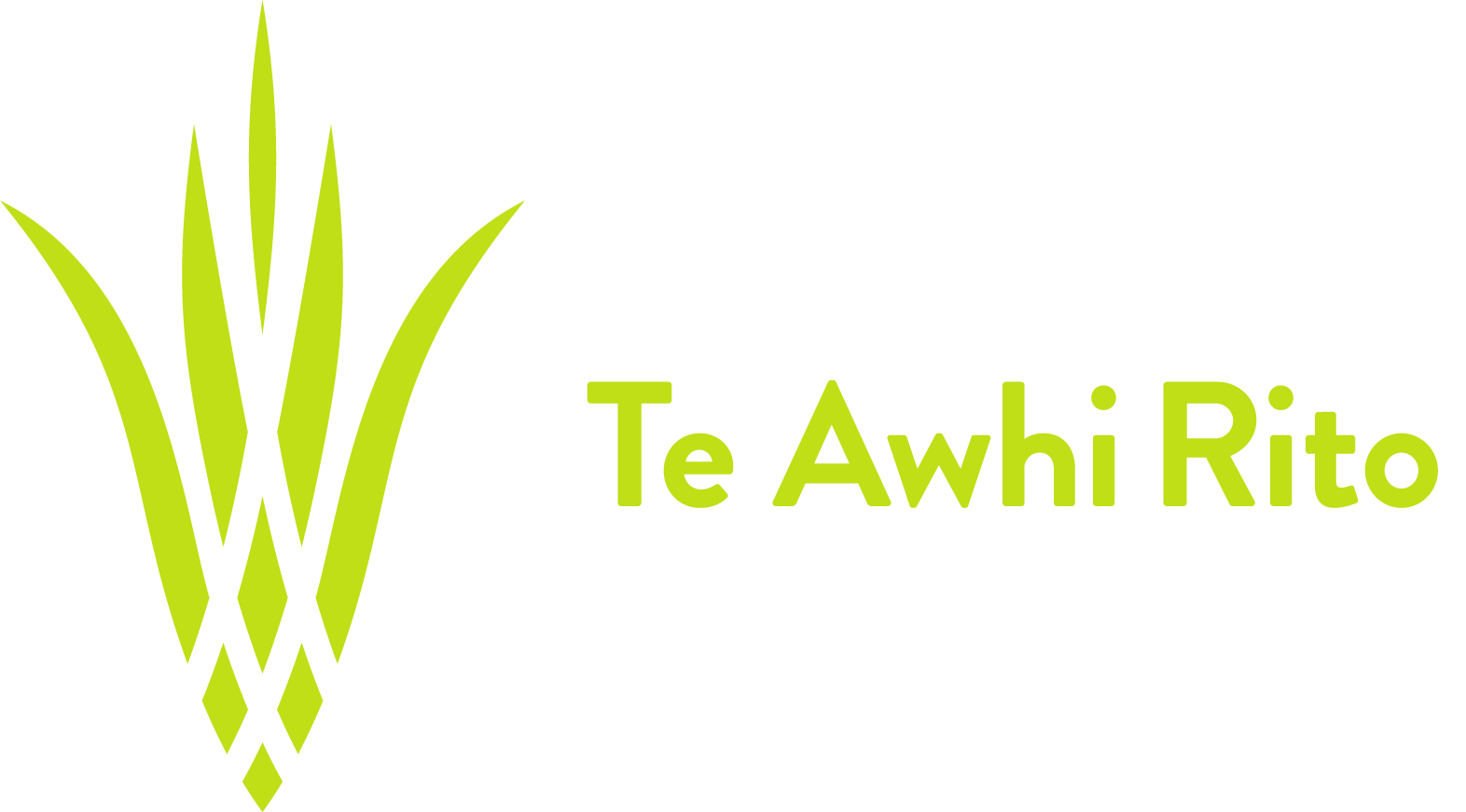A summertime story
For school students, summer is a long holiday season. Fun in the sun. Six weeks downtime from the books with the potential for a ‘summer slide’ in reading engagement.
The Bach was an A frame. They were all the rage for a while there in the early 1970s. A gable roof all the way to the floor, set to face the sea across a beach of golden sand, built like a house of cards over weekends by a dad and one of the uncles. We never had a bach by the beach but a friend of mine did — out at Torrent Bay, Abel Tasman National Park, just such an A.

Baches at Abel Tasman National Park Park, New Zealand. Image credit: Photo by Lesly Derksen. Unsplash. License to use.
If you know the constellations, an A is Taurus upside down, in this hemisphere anyway. There’s something in that, I believe. Taurus in ascendance the right way up for an A when the Alphabet was born. Why not? It’s as good a story as any. Summer at my friend’s bach out at Torrent Bay meant blue cod, flounder, occasional crays and nothing wrong with dogfish fresh for breakfast. Flour dredge, fry in butter, salt and lemon. YUM.
There are certain things you should always do in Summer. Get up with the sun. Light is life. Don’t miss a minute. Summer surges the promise of Spring towards the harvest. ‘Make hay while the sun shines’ so the saying goes. Warm your mind. Fire your imagination. Every bach has an accommodated bookcase for a reason. Yesterday’s blockbusters read much better the second or third time around, while the book you always meant to read lies waiting for you somewhere.
Summer reading
Summer is the season of full engagement. It commands your attention. Heat is a catalyst that carries us away sometimes. When the weather is warm and encouraging, we are inclined to involve ourselves more in the living of life.
We work a little harder, play a little harder, try to jam a little more into those long and lingering days. There’s no better time to pick up a book and get reading. If it seems counter intuitive given an apparent drive to get out there and be active, I must tell you the beautiful machine that drives your actions will always thank you for it.
For school students, Summer is a long holiday season. Fun in the sun. Six weeks downtime from the books. Sadly, for too many of our tamariki and rangatahi, reading is a chore associated with the demands of the classroom, while the holidays are a legitimate distraction from such labours. There’s the rub. No one likes chores in the summertime. I know I didn’t when I was a kid. For those of our school aged children and young people who struggle with reading at school, the potential for a ‘summer slide’ in reading engagement poses a significant challenge with real downstream consequences in terms of scholastic achievement and associated opportunities.
The best thing you can do is read with these kids, model it for them, show them the worth of a good book, a great yarn, a tall story. The worst you can do is nothing. Either way will achieve an outcome. If you’re a parent or caregiver and unsure where to start, head for your nearest public library and ask about a summer reading programme. If you’re a teacher or school librarian, get a summer reading loan to keep kids reading over the summer.
The gift of words
Summer holiday reading has to be about reading for pleasure, especially for our kids. For those already engaged with the joyful side of reading, it’s not so much of an issue. For those who aren’t engaged, the good news is, as humans we can learn to gain pleasure from pretty much anything. I don’t remember a time when I couldn’t read, but I remember vividly when reading became a joy to me. I regard that revelation as one of the keystone formative moments in my life. I thank my father for making me learn to love it.
Words are the absolute greatest gift humanity ever made or will ever make for itself. No doubt! Not even a whisper of exaggeration! Once our stories had words to shape them, the human imagination discovered that its potential was limitless. Words are able to frame every aspect of existence, conjure every emotion, render every sense. And words, more than ever, define and elaborate our day-to-day engagements and relationships with each other and with the world — accessible as never before by way of some clever device or other.
Words are tools of ultimate utility. They are toys of unending playfulness. They are artworks of limitless aesthetic application. Words can be all these things at once if you want them to be. The easiest way to discover this is through reading for pleasure.
Reading is not a passive activity. Our brain lights up when we find the right books to energise it, no matter our age or pre-existing knowledge. The mechanics of our body require occasional downtime, particularly as we get on a bit. But physical rest and relaxation does not abrogate the value of reading time. If anything, the reading experience is enhanced when our mind and imagination are given a free range without distraction to engage with the eternal magic of words and their weaving. We’ll never know everything. But we can always know more, learn more, see more, experience more, be more.
All it takes is a book and a warm summer evening.
Tuia te hā, tuia te kupu, tuia te kōrero, tāu te maramatanga. Tihei mauri ora.
